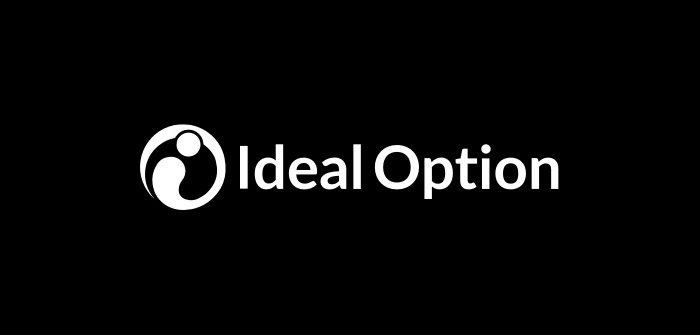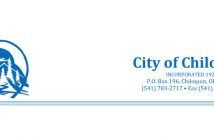Ideal Option, a national leader in outpatient medication-assisted treatment for addiction to opioids and other substances, has released its 2023 Annual Patient Outcomes Report for patients living in Oregon.
This report contains an aggregated view of patients’ geographic and demographic characteristics, their stage and duration of care, adherence to medication and their substance use over time based on lab specimens collected during 2023 from over 2,800 patients.
The report confirms the rapidly changing trends in street drug formulations; notably the increasing prevalence of synthetic opioids such as fentanyl and cutting agents such as xylazine. It also confirms that polysubstance use is now the norm, making treatment more complex. Data show that 68% of all Oregon patients were ingesting more than one substance at the time of enrollment, and 29% tested positive for three or more substances.
“Polysubstance use disorder continues to be the most common diagnosis at Ideal Option,” said Tim Kilgallon, CEO at Ideal Option. “And the most commonly detected substance is methamphetamine (55%), ahead of fentanyl (45%).”
The data corroborate state reports of the prevalent role that polysubstance use plays in the substance use epidemic in Oregon. According to Dr. Tom Jeanne, deputy state health officer and epidemiologist, “Fentanyl is increasingly being found in all sorts of drugs on the street so people may not know they’re getting it.”
Since 2020, there has been a 210% increase in fentanyl-related fatalities across the state, according to the Public Health Division of the Oregon Health Authority.
Ideal Option’s success over the past 12 years at treating substance use disorder in Idaho is due to specialized, evidence-based treatment protocols combined with regular lab testing. Lab testing is crucial for verifying adherence to prescribed medications, abstinence from illicit substances, and ensuring patient safety.
Among Oregon patients who remained in treatment from initiation to the maintenance stage of care during 2023, the report shows:
- 98% less fentanyl use
- 91% less methamphetamine use
- 88% less heroin use
- 86% less cocaine use
View the full Ideal Option 2023 Annual Patient Outcomes Report for Oregon here: idealoption.com/patient-outcomes.
Ideal Option has helped more than 75,000 patients through a network of over 85 outpatient clinics across 9 states: Alaska, Arkansas, Idaho, Maryland, Montana, New Mexico, North Dakota, Oregon and Washington.
With no waitlists and most forms of insurance accepted, including Medicare and Medicaid, patients can typically get started on treatment for fentanyl, heroin, methamphetamine, alcohol or other substances within 1-3 business days.
Patients can make an appointment by calling 877-522-1275 or visiting idealoption.com.
About Ideal Option:
Headquartered in Kennewick, Washington, Ideal Option was founded in 2012 and has since helped more than 75,000 patients through a network of 85+ office-based medication-assisted treatment (MAT) clinics across 9 states. Ideal Option has received The Joint Commission’s Gold Seal of Approval®, demonstrating compliance with its exacting performance standards for safety and quality of patient care. With a mission to serve under-served communities, Ideal Option accepts all forms of insurance including Medicaid and Medicare. Financial assistance and payment plans are also available.
Ideal Option’s team of medical providers carry certifications in Addiction and Emergency Medicine, Internal, and Family Medicine, among other specialties. The company also employs social workers, caseworkers, counselors and mental health practitioners. This holistic approach helps drive positive outcomes, including family stability, stable housing, improved overall health and reduced rates of recidivism.
In all the communities it serves, Ideal Option collaborates with existing stakeholders and providers to improve the continuum of care. This approach includes partnerships with emergency rooms and county jail systems, where individuals with substance use disorder often appear, as well as collaborating with numerous support agencies and municipal programs addressing social needs such as housing, mental health and nutrition support.




